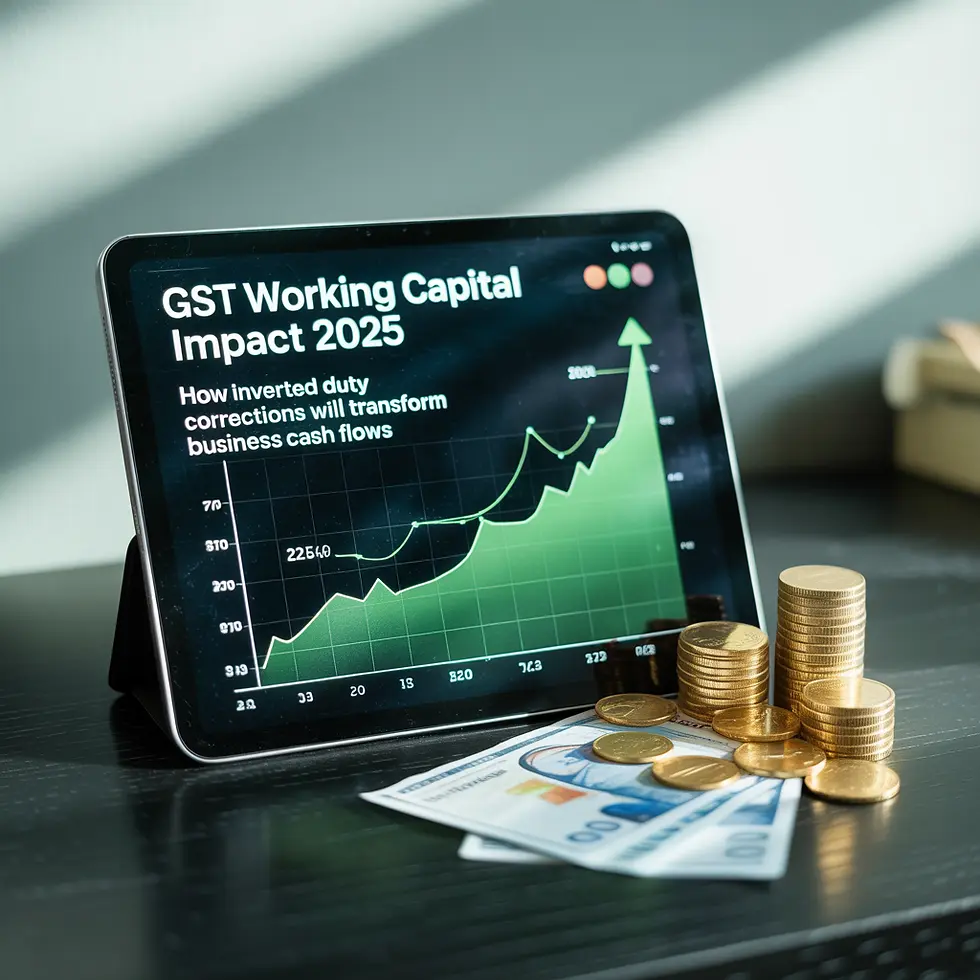FOCUS ON ESG ISSUES- THE GLOBAL TREND
- Dugain Advisors
- May 18, 2024
- 3 min read
Updated: Jul 18, 2025

Environmental, Social, and Governance (ESG) refers to a set of criteria used to evaluate a company's operations and performance beyond traditional financial metrics. ESG criteria are increasingly used by investors to screen potential investments, aiming to foster sustainable and ethical investment practices.
In line with the National Voluntary Guidelines on Social, Environmental, and Economic Responsibilities of Business, and considering the broader public interest in disclosing the steps taken by listed entities from an Environmental, Social, and Governance (ESG) perspective, SEBI has decided to mandate the inclusion of Business Responsibility Reports (BRR reports) as part of the Annual Reports for listed entities.
SEBI in its (Listing Obligations and Disclosure Requirements) Regulations, 2015 has mandated the requirement of submission of BRR for top 1000 listed entities describing initiative taken by them from an environmental, social and governance perspective in the prescribed format [Regulation 34(2)(f)].
Role of ESG in Responsible Investment
Responsible investment is an approach to investing that aims to incorporate environmental, social and governance (ESG) factors into investment decisions, to better manage risk and generate sustainable, long-term returns. The PRI is the world’s leading proponent of responsible investment.
It aims to understand the investment implications of environmental, social, and governance (ESG) factors and supports its international network of investor signatories in incorporating these factors into their investment and ownership decisions. The PRI acts in the long-term interests of its signatories, the financial markets and economies in which they operate, and ultimately, the environment and society as a whole.
In early 2005, the then United Nations Secretary-General Kofi Annan invited a group of the world’s largest institutional investors to join a process to develop the Principles for Responsible Investment. A 20-person investor group drawn from institutions in 12 countries was supported by a 70-person group of experts from the investment industry, intergovernmental organisations and civil society. The Principles were launched in April 2006 at the New York Stock Exchange. Since then the number of signatories has grown from 100 to over 4,000.
ENVIRONMENT, SOCIAL, GOVERNANCE (ESG) INDEX
ESG refers to the environmental, social, and corporate governance issues that investors consider when evaluating corporate behaviour. Integrating ESG involves incorporating an analysis of these risks and opportunities, as well as the sustainability aspects of a company's performance, into active investment management processes.
The ESG index utilizes a unique and innovative methodology to quantify a company's ESG practices, translating them into a scoring system. This system ranks each company against its market peers, providing investors with complete transparency on the company's environmental, social, and governance issues.
The COVID-19 pandemic and social justice movements have had far-reaching impacts on business and society around the world. Corporate governance trends vary somewhat across regions, but corporations globally are experiencing a reckoning around their role in society. The expectations of the independent directors who oversee corporations have never been higher.
Following are the Global trends for CG predicted for 2021:
1. Climate Change Risk
2. Diversity, Equity & Inclusion (DE&I)
3. Convergence of Sustainability Reporting Standards
4. Human Capital Management
5. Return of Activism and Increased Capital Markets Activity
6. Virtual Board & Shareholder Meetings
ESG issues are becoming increasingly important for corporations, regulators, and investors. While there remains a sustained focus on climate change and other environmental (E) issues, there is a growing emphasis on social (S) factors, partly driven by the impact of the COVID-19 pandemic.





